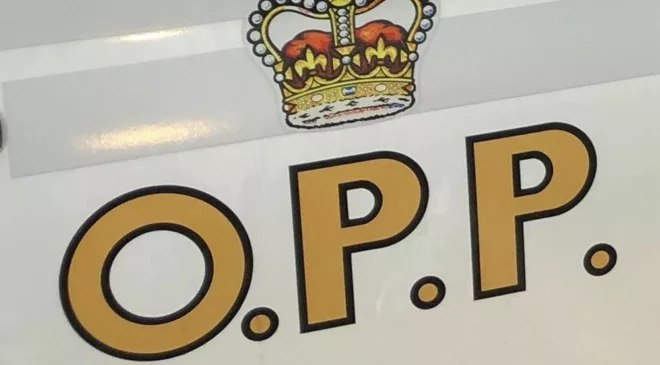Article content
London’s bylaw cracking down on short-term rentals protects the local housing market, city hall’s bylaw boss says, even as new figures suggest they take a minor toll on most communities.
A recent report from Statistics Canada investigated the impact of short-term rentals, or rentals for fewer than 30 days typically found on websites such as Airbnb, on the housing market in Canada. It singles out rentals such as houses or apartments that could be someone’s permanent home.
Article content
Potential homes tied up as short-term rentals are common in tourist spots like Whistler B.C., the report finds, but in most major cities, such rentals make up less than one per cent of total housing stock. In London, per 2021 figures, there were 308 potential permanent homes on the short-term market out of 174,968 homes, or 0.18 per cent.
“The role of short-term rentals in Canada’s housing challenges remains a subject of ongoing policy debate in many Canadian cities,” the report reads. “While there is a widespread notion that such rentals limit the availability of long-term housing, empirical analysis of their impacts has produced mixed results.”
The report notes there has been a 60 per cent increase in short-term rental listings between 2017 and 2023, and those offered in potential permanent homes grew by more than 80 per cent, but the numbers nationwidewide remain low.
London brought in a bylaw in 2022 to regulate short-term rentals, requiring them to be licensed by the city, to charge the four per cent hotel tax, and, more significantly, restricting rentals to the owner’s primary home or a unit within it. Officials saw it as a way to quell troublesome party houses and combat the housing shortage.
Article content
Recommended from Editorial
Orest Katolyk is city hall’s bylaw director. He says the bylaw was passed despite complaints from landlords and that it minimized the number of potential permanent homes taken from the long-term market – a move he notes several other cities have made.
“The reality is that I’m sure some properties, either they got out of the rental market totally and sold their property, or they reverted it back to a rental income,” he said.
Katolyk says the city has 251 licensed short-term rentals. It is currently reviewing 40 and has refused 20. City hall uses an AI tool to identify London listings from the hundreds of short-term rental websites, where addresses may or may not be viewable until reserved, he said.
The data is used to track down property owners to tell them to either license their unit or stop renting it out short-term before fines are levied. So far, city hall has issued 165 fines under its short-term rental bylaw totalling $82,000.
“In my professional opinion, we have a pretty good handle on where the (short term rentals) are in London,” Katolyk said.
Share this article in your social network






